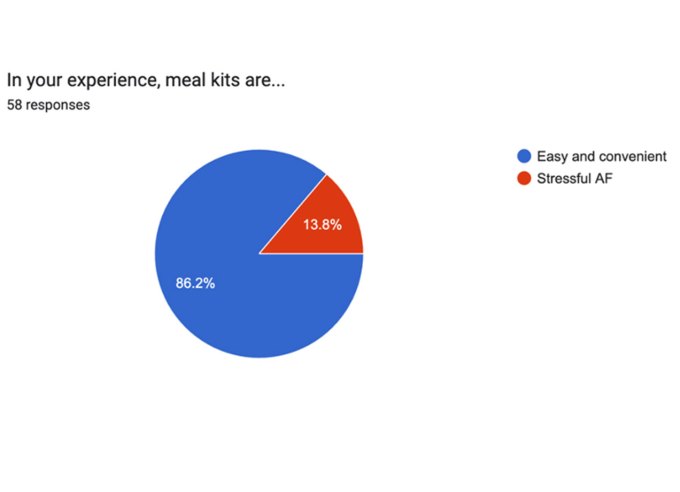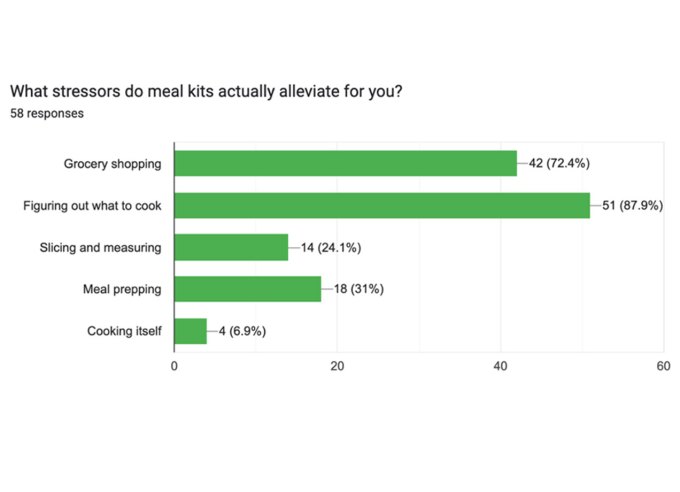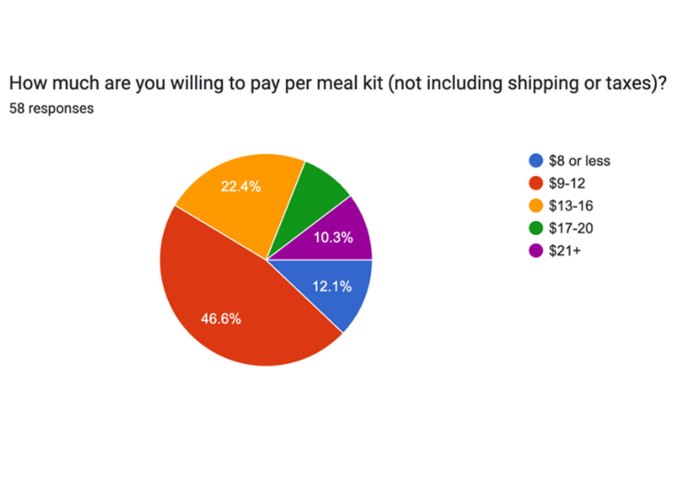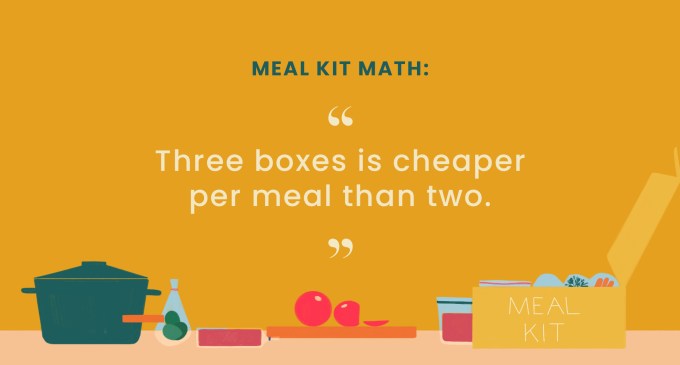There are two things my best friend hates: receiving Instagram videos in his DMs and cooking. He’ll prepare the occasional peanut noodles, boxed mac and cheese or cheeseburger, but it’s not a task he relishes. One night while waxing poetic about how much he despises it, meal kits came up. I expected him to be a fan, given the pre-measured ingredients, minimal prep and easy recipes, complete with photos for painless execution. But the opposite was true. “When a HelloFresh kit is in my fridge, that thing is about to detonate,” he said, revealing it’s more likely to go bad before he even opens the box. To him, meal kits make dinner even more of a ~thing~ and consequently make him dread it even more.
As someone who enjoys cooking and doesn’t use meal subscriptions (but writes about their perks semi-frequently), it got me thinking: Are meal kits truly more convenient and timesaving—especially for those who don’t like to cook—or are they more burdensome than regular groceries?
Clearly, there are devotees, otherwise this wouldn’t be such a big business (it’s a $17.4 billion industry, according to Global Market Insights). But what’s the real appeal? And are we collectively falling for a well-marketed rip-off? When I polled my friends in an Instagram story, reactions were divided. Seeing there was digging to be done, I polled a group of 58 more people from PureWow’s social audience to find out how home cooks really feel about meal subscriptions. Sure, it may not be the most scientific sample size, but it was large enough to prove that my friend’s hot take wasn’t as rare as I initially thought—and provide interesting insights into the way we cook and what we truly value these days.







